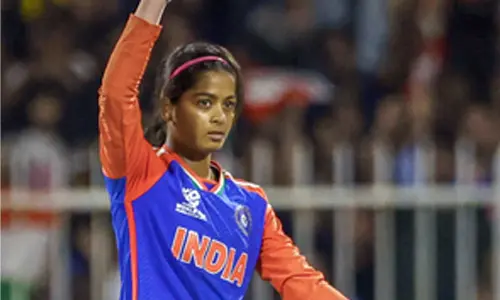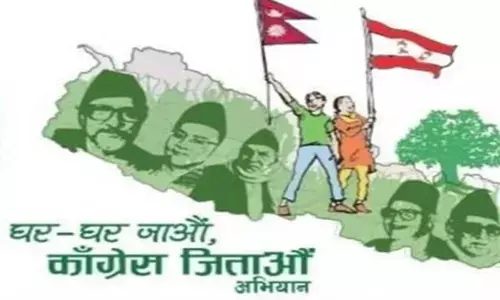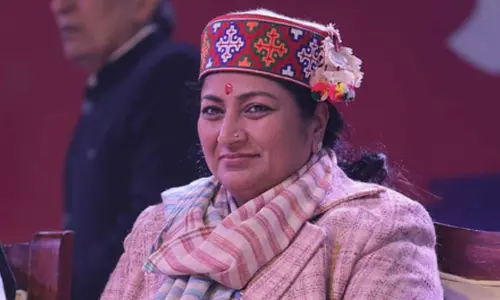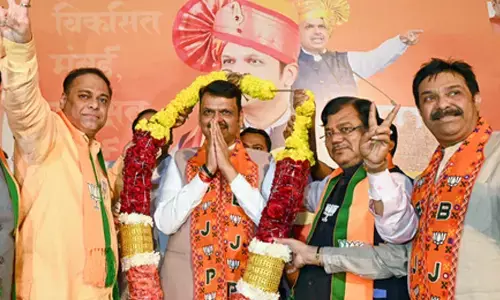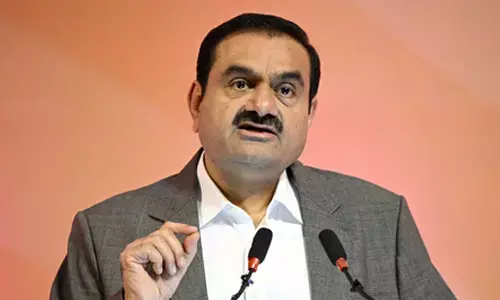Government tweaks draft education policy

Drops compulsory Hindi in curriculum
New Delhi /Chennai/ Mumbai: Revising its draft education policy, the Centre on Monday dropped the contentious provision of compulsory teaching of Hindi in non-Hindi speaking states after the three-language proposal sparked outrage in southern states.
The DMK and other parties in Tamil Nadu, which had strongly opposed the proposal in the 484-page draft National Education Policy (NEP) to make Hindi a mandatory third language to be taught in schools across the country, welcomed the Centre's decision to revise the policy. The parties had alleged that the move was tantamount to thrusting the Hindi language on the non-Hindi speaking states.
"Students who wish to change one or more of the three languages they are studying may do so in Grade 6 or Grade 7, so long as they are able to still demonstrate proficiency in three languages (one language at the literature level) in their modular Board Examinations some time during secondary school," the revised draft of the NEP said. In the earlier draft, the panel proposed mandatory teaching of Hindi in non-Hindi speaking states.
"Students who wish to change one of the three languages they are studying may do so in Grade 6, so long as the study of three languages by students in the Hindi-speaking states would continue to include Hindi and English and one of the modern Indian languages from other parts of India, while the study of languages by students in the non-Hindi-speaking states would include the regional language, Hindi and English," the earlier draft policy said.
Tamil Nadu had always resisted the "imposition" of Hindi. In 1965, the state witnessed violent protests against a proposal that Hindi would be India's only official language.
Karnataka Chief minister H D Kumaraswamy said one language should not be imposed on others in the name of three-language formula.
Congress leader and former chief minister of Karnataka Siddaramaiah said no attempt should be made to impose Hindi forcefully. "Nothing should be done against our opinion.
There is no need for three languages. English and Kannada are there... they are enough. Kannada is our mother tongue, so primacy should be given to Kannada," he said.
Oscar-winning composer AR Rahman welcomed the Centre's decision. "Draft (NEP) policy corrected. Beautiful solution,'" he tweeted.
Even both the Telugu states of Andhra Pradesh and Telangana asked the Centre to clear the apprehensions over the draft education policy.
Though the Telugu states have been following the three-language formula, politicians and academicians have cautioned the Centre against imposing any language against the wishes of the states.
"It was a draft report and not a policy yet. We have sought feedback from various stakeholders. The committee has modified the earlier draft and made some changes," a Human Resource Development Ministry official said in Delhi.
According to the revised draft, the modular board examinations for language proficiency would test only basic proficiency in each language.
"Such a change in language choice in Grade 6 would certainly be feasible if the student so desires and would in such cases be supported by teachers and the schooling system."
Union minister Prakash Javadekar, who had formed the panel when he was the HRD minister in the previous term, earlier asserted that no language should be imposed on anyone.
He clarified that the committee had only prepared a draft report and no decision had been taken on implementing it.








